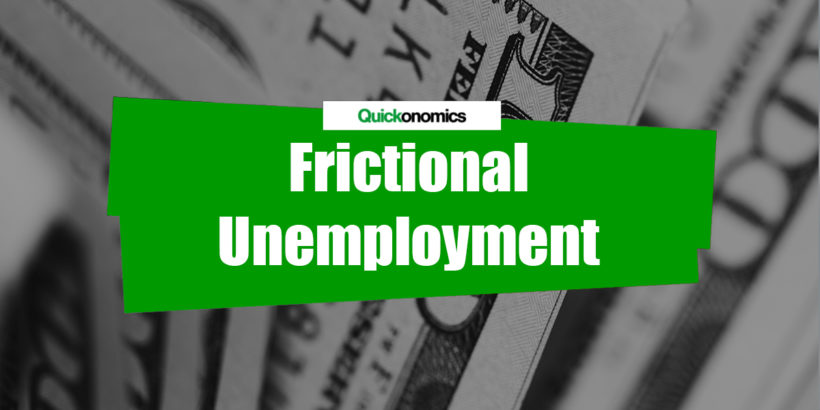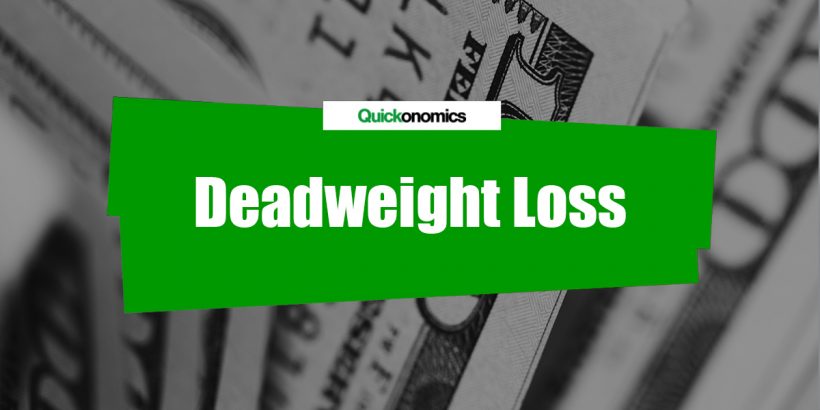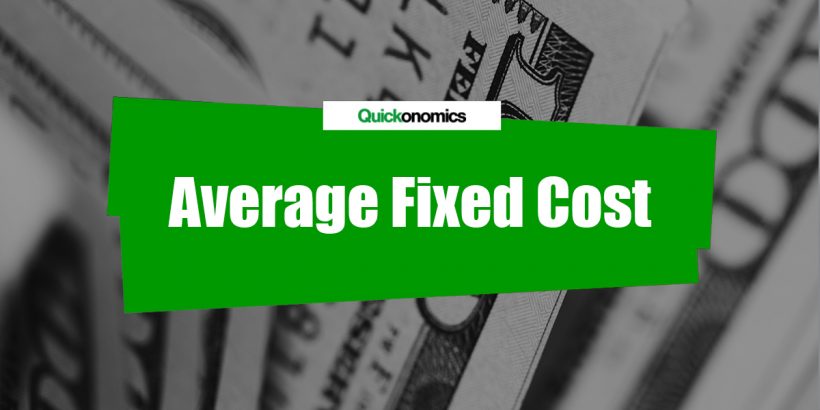
Definition of Inferior Good An inferior good is a good for which, all other things equal, an increase in income leads to a decrease in demand and vice versa. That means when people earn more money, they buy less of that good and when they earn less, they buy more […]
Read more
Definition of Human Capital Human Capital describes the collective skills, knowledge, competencies, and other attributes of individuals or groups of individuals that can be used to create value. That means in an economic context, it includes all the relevant expertise and creative skills people have acquired throughout their careers that […]
Read more
Definition of Giffen Good A Giffen good is a good for which an increase in the price raises the quantity demanded. That means people want to buy more of it when it becomes more expensive and less of it when it becomes cheaper. Giffen Goods were first described in the […]
Read more
Unemployment is a major concern for any economy. It is defined as the state where individuals are willing and able to work but are not currently employed. Unemployment can occur due to various reasons, one of which is frictional unemployment. In the following paragraphs, we will explore the definition, examples, […]
Read more
Definition of Economic Profit Economic profit is defined as total revenue minus total costs, including explicit and implicit costs. That means apart from the general expenses that reduce the account balance (e.g., variable costs, fixed costs), it also considers costs that don’t require actual cash flow, such as opportunity costs. […]
Read more
Definition of Deadweight Loss Deadweight loss is defined as the fall in total surplus that results from a market distortion. That means it describes a cost to society that is created when supply and demand are not in equilibrium because of external interference in the market. In most cases, these […]
Read more
Definition of Consumer Surplus Consumer surplus is defined as a buyer’s willingness to pay minus the amount they end up paying. That means it measures the additional benefit consumers receive when they have to pay less than they were willing to pay because the actual price of the good or […]
Read more
Definition of Budget Constraint A budget constraint is defined as the limit on the consumption bundles that a consumer can afford. That means it describes the maximum number of all the possible combinations of goods and services a consumer can afford, given their current income. Thus, it is an economic […]
Read more
Definition of Average Fixed Cost Average fixed cost (AFC) is defined as the fixed cost of production divided by the quantity of output. It is sometimes also referred to as fixed cost per unit of output or per-unit fixed cost. That means it describes the sum of all expenses and […]
Read more







